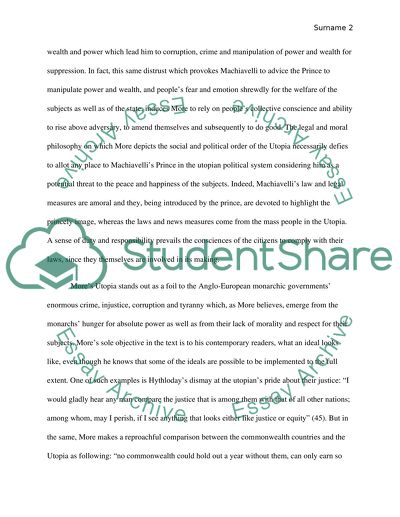Cite this document
(“A critical comparative analysis of the legal and political orders in Essay”, n.d.)
A critical comparative analysis of the legal and political orders in Essay. Retrieved from https://studentshare.org/literature/1489341-a-critical-comparative-analysis-of-the-legal-and-political-orders-in-machiavellis-prince-and-mores-utopia
A critical comparative analysis of the legal and political orders in Essay. Retrieved from https://studentshare.org/literature/1489341-a-critical-comparative-analysis-of-the-legal-and-political-orders-in-machiavellis-prince-and-mores-utopia
(A Critical Comparative Analysis of the Legal and Political Orders in Essay)
A Critical Comparative Analysis of the Legal and Political Orders in Essay. https://studentshare.org/literature/1489341-a-critical-comparative-analysis-of-the-legal-and-political-orders-in-machiavellis-prince-and-mores-utopia.
A Critical Comparative Analysis of the Legal and Political Orders in Essay. https://studentshare.org/literature/1489341-a-critical-comparative-analysis-of-the-legal-and-political-orders-in-machiavellis-prince-and-mores-utopia.
“A Critical Comparative Analysis of the Legal and Political Orders in Essay”, n.d. https://studentshare.org/literature/1489341-a-critical-comparative-analysis-of-the-legal-and-political-orders-in-machiavellis-prince-and-mores-utopia.


